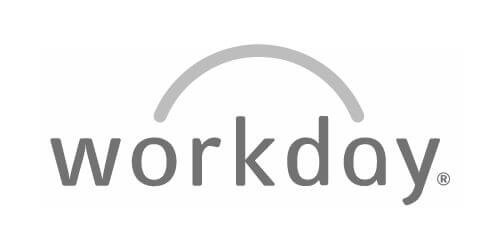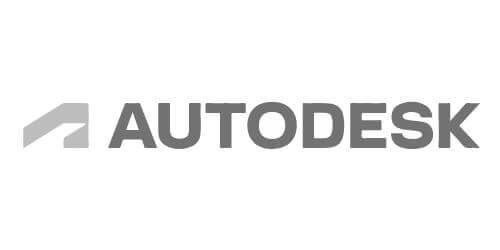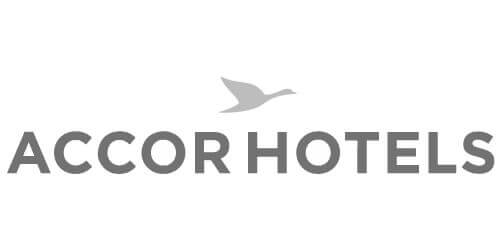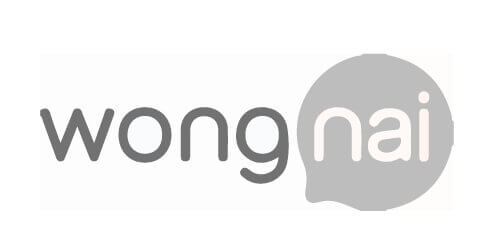Free For Retainer Clients, Available As A Low-Cost Standalone Option
Whether you need the advantages of a fully integrated PR retainer or simply wish to subscribe to the Crisis Management by Gemini pack only, it makes sense to defends you from an unfortunate or unforeseen incident spiralling into a highly visible crisis which could be a threat to the reputation of your organisation.
For the purposes of public relations, a crisis is any unforeseen event which puts the reputation or operational viability of an organisation or individual at risk. Many people who do not work in PR often make the mistake of believing that this is a large part of a press officer’s job, when in actual fact, it should account for less than an average of one day a year of their overall time; rather, much time is spent on trying to maximise the importance of small, day-to-day news items, creating media opportunities from a limited amount of potential content. In any normal SME (Small Medium Enterprise), there should be very few occasions in the company’s entire history where a crisis needs to be mitigated – if the ship is tightly run, anyway.
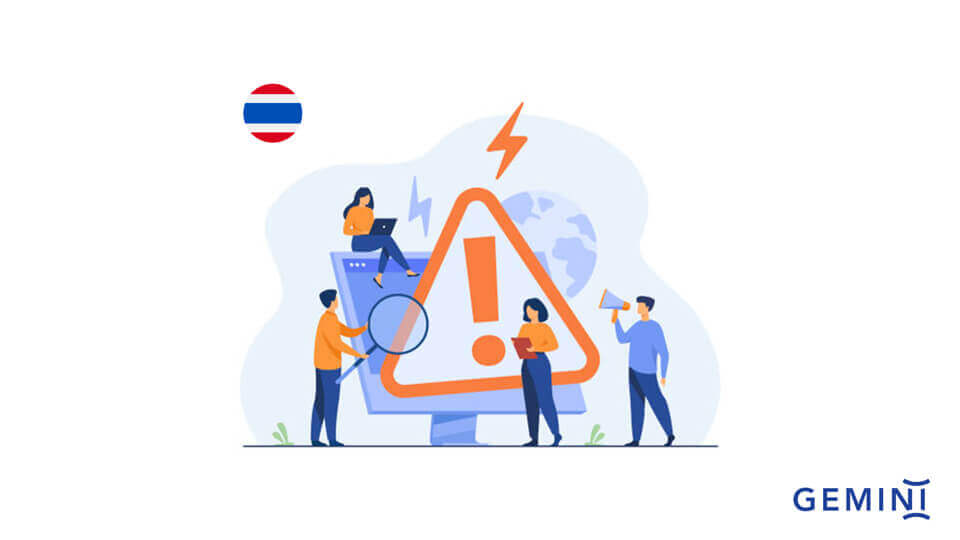
When a crisis does happen, it is often the result of an independent media organisation publishing something on-line that is either incorrect (to the detriment of you or your company), or an unusual news event has occurred and the media publish something on it (again, typically, on-line first) before you know what’s really going on yourself. These events are often impossible to predict, and so should not reflect badly on a company, which is usually doing its best under all circumstances.
Whilst the first stage in preparing a mitigation strategy is to gauge the potential damage the story may cause, it is best to always consider the worst case scenario and be prepared. For businesses, it is CRUCIAL that every member of your team has pre-prepared messaging to avoid conflicting replies being given to any media organisations that try to pursue the story.
We do this by preparing a holding statement.
The holding statement is issued when it becomes clear that the media (or more widely the public, and to a significant degree on social media) furore has hit the ground and is growing. The holding statement is a short, often non-committal, written communication used internally (in the first instance) that outlines your company’s official stance on any story that is breaking. For individuals/business leaders, it is an excellent tool for mapping a clear public response to the crisis. Under manageable crisis conditions, the holding statement will never be sent to ANY media organisation that have not asked for your response directly.
It exists purely to align your internal messaging (and your internal thoughts … ) and to deliver a consistent, limited, official response if you are contacted by journalists regarding any sort of problem situation. You may well not be, but you need to be ready and understand in advance what you will say.
The holding statement itself often appears quite vague; this is intentional, as its other main purpose is to indicate to media that your company is aware of a certain situation but is not in possession of the full facts or outcome. So if the media ask about a vehicle accident as a possible result of a part you have supplied, your statement will only indicate that you are aware AN event has been reported, and that an investigation is in progress – never that you realise one of your components may be a possible cause.
Some businesses do have formally organised crisis teams internally, often made up of department leaders and skilled operatives from many different areas of the business. Many businesses do not have such a team in place, and respond ad hoc when a crisis situation arrives.
We’re not here to judge which approach is best, only to help you when a crisis happens (crisis management) and way, way before that (crisis response). Free for retainer clients, available as a low-cost standalone option, we call this Crisis Response by Gemini™.
Our retainer clients benefit from Crisis Consulting and Crisis Management services as a no-cost part of using our PR services. It’s all part of our working together.
We also offer a Crisis Consulting and Crisis Management package to businesses of all sizes for a single annual fee of 20,000 THB. This is essentially a kind of “insurance” (or rather protective service) which defends you from an unfortunate or unforeseen incident spiralling into a highly visible crisis which could be a threat to the reputation of your organisation. Our annually renewed package includes 24/7 available consultations (we are based in several different time zones so we run overlap), advice, planning, response preparation, creation of a holding statement (up to 2 per year, which hopefully you never need), as well as advice on how to respond to a significant social media event/escalation.
Whether you need the advantages of a fully integrated PR retainer or simply wish to subscribe to the Crisis Insurance by Gemini pack only, it makes sense to protect your professional reputation … and that of your business.
After all, it takes years to build both, and only an afternoon to lose them.
Price = 20,000 THB for 12 months support; (includes access to 7-days-a-week consulting for all crisis or potential crisis situations which may affect your business).
If you would like to learn more about the complexities of crisis management via communications in the meantime, we have a free Udemy course for you, which is currently rated at 4.4*/5 – (please message us for a free access coupon).
This is a complex business area and can vary radically depending on your operating sector. Things that could go wrong for a cosmetics company selling skincare products which may cause allergies and rashes are very different to a company which makes bike helmets for kids and is now implicated in a road accident where the helmet apparently failed.
We have published an excellent and hopefully very helpful video guide and live action case study of an escalating situation and serious crisis management scenario for your information (and hopefully enjoyment) on Udemy, available to all Gemini customers and future customers for free. Please contact us using the form on this page and we will be very happy to send you the URL and free access code.
1st Scenario – Company Safety Policy
You receive an enquiry email from local media: “What preparations are you putting in place to ensure security of business operations and that your employees can work safely?”
A response to the enquiry is urgent due to the nature of copy deadlines, and it should be met with an appropriate response before the journalist’s deadline if possible.
This is an opportunity to show your business’s leadership, as well as a chance to develop cost-free positive PR about your business’s strengths and crisis response capabilities.
Any response will be made directly to the enquiring journalist only, not by sending out a blanket holding statement.
The response should only be made after we have received approved messaging by decision-makers, and should only outline actions and responses we are sure are legally sound and therefore approved by directors.
2nd Scenario – Staff members accident
You receive an urgent notification of an emergency call from an employee in distress: “Report of a car accident involving staff members travelling to the office.”
The sales and HR managers are directly responsible for co-ordinating with the staff members in question. However, this is a good time to consider enabling all of your own team to work remotely, so speak to IT to ensure the business can enable this effectively.
The senior HR manager will be responsible for communicating with the staff members’ families.
A further communication can be sent to your team regarding the seriousness of dangers, without naming individuals affected so far.
This is also the time to find out what resources the business is making available to staff members affected by injury, travelling difficulties, etc.
3rd Scenario – Impact on clients deliveries
You receive a customer email enquiry regarding impact on deliveries to materials buyers: “Is there likely to be any impact on customers awaiting fuel oil deliveries?”
The response to this particular customer is the responsibility of either the sales team or the customer services team.
It does however highlight that there are client-side concerns regarding operability and planning resilience, so write this into the plan too.
Liaise with those department heads and have an overall client communication written, approved and on stand-by for dissemination if the enquiry repeats across several client accounts.
You receive an email from the IT department regarding a data breach: “Following an unauthorized access attempt on our server, some of our sensitive data may have been compromised.”
Don’t lose focus, and maintain primary attention and response efforts on the more serious of the two incidents.
Ask IT to investigate further and make regular reports to you. They are also responsible for communicating with the police, if required to do so under local law.
Add these keywords to your media monitoring efforts, e.g. – @Thdatabreach @networksecurity etc.
At the moment, the IT breach can be deprioritised, although should still be regarded as serious.
Whilst the war room is operational, you may choose to bring this second crisis into the same team managing the first, as you are already in crisis mode and have a team already set up around investigation and quick response.
Crisis Management Services
Better PR Is Ready For You. Are You?
No hidden fees. No crazy markup. No inflated PR values
We Have More Success Stories Than Other PR Agencies Have Clients
A massive portfolio of past successful case studies in Automotive, Corporate, Entertainment, Fashion, Finance, Gaming, Hospitality, Property, Retail, Sport, Tech.
Tips To Run Your Brand Smarter
January 23, 2023
How Does Press Release Help Improve Your Google Ranking?
July 19, 2022
Top 20 Newspapers in Thailand
July 19, 2022




